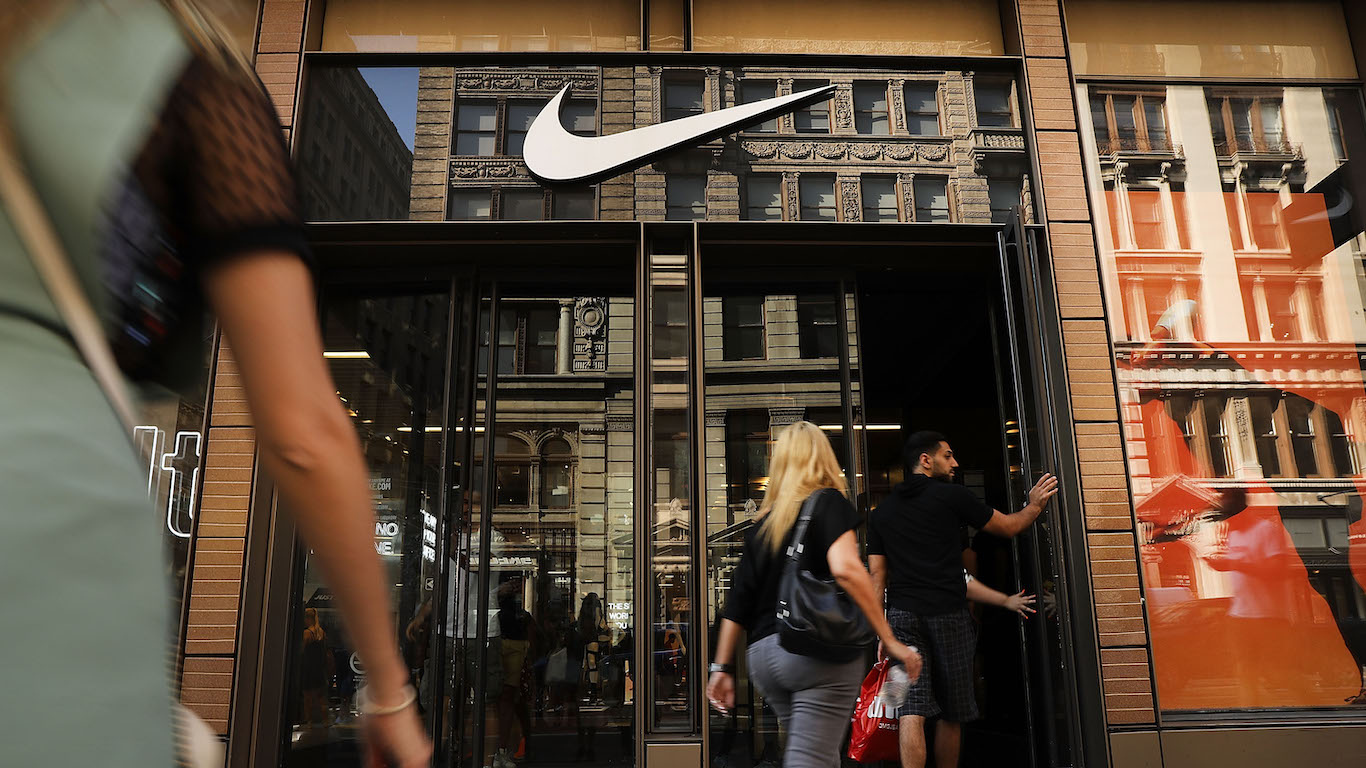
Less than two weeks ago, the cryptocurrency known as bitcoin posted a high of more than $7,600. In early trading Monday morning, Bitcoin traded above $9,700 before dipping to below $9,400.
That opinions on the actual value of bitcoin differ is not news. The landslide of initial coin offerings (ICOs) for a whole host of new cryptocurrencies and their attractiveness to investors has brought criticism of the unregulated, some might say underground, market for untraceable virtual money.
Individual investors have been the primary drivers in the rise in value of bitcoin and its virtual rivals, but it seems that now institutional investors are entering the market. Futures exchange operator CME Group plans to begin offering futures contracts for bitcoin as early as next month. Two years ago the New York Stock Exchange created a Bitcoin Index (NYSE: NYXBT) that represents the U.S. dollar value of one bitcoin unit based on actual transactions occurring on select bitcoin exchanges that the exchange’s quality standards.
JPMorgan Chase CEO Jamie Dimon called bitcoin a “fraud” and investors in the markets “stupid.” He has since softened his tone, probably after someone pointed out that there was money to be made in bitcoin trading and that the unregulated nature of the market offered potentially big rewards.
Goldman Sachs said in October that it is exploring the possibility of opening a trading desk to help serve its clients’ interest in bitcoin and its rivals. It’s no secret that Goldman’s trading revenues have taken a beating in the past several quarters and that trading bitcoin may be just what the doctor ordered.
A recent survey by researchers at LendEDU found that about a quarter of retail investors in bitcoin see it as a store of value, like gold or silver. Nearly twice as many invested in the virtual currencies because they believe it to be a world-changing technology.
Consider that the technology behind bitcoin is readily duplicated with no royalties paid to anyone and new virtual currency ICOs hit the market at least weekly, and it’s hard to see how being a “world-changing technology” makes promises a profit for a small investor unless it comes at the expense of later, even less-experienced investors.
Bitcoin is susceptible to theft. Remember Mt. Gox, at one time the world’s largest bitcoin exchange, that lost 650,000 bitcoins belonging to nearly 25,000 customers and dissolved into bankruptcy. According to a Reuters report dated September 19, more than 980,000 bitcoins valued at about $4 billion had been stolen. Bitcoin traded at $3,987 on that day, so the total value of the lost bitcoins has nearly doubled.
Writing on the Financial Times’ Alphaville blog, Izabella Kaminska distills the bitcoin issue:
That unregulated exchanges of a mostly unregulated asset class that is beloved by criminals, tax avoiders and opportunists should only now be being revealed as dangerous is what’s worth pondering.
Institutional investors see an opportunity for big returns, big banks see an opportunity for new trading revenues, futures exchanges see an opportunity to bring some order to the virtual currency market and make a tidy profit from it. The tab is likely to be paid by small investors who believe they will somehow profit from adopting the latest technology.
100 Million Americans Are Missing This Crucial Retirement Tool
The thought of burdening your family with a financial disaster is most Americans’ nightmare. However, recent studies show that over 100 million Americans still don’t have proper life insurance in the event they pass away.
Life insurance can bring peace of mind – ensuring your loved ones are safeguarded against unforeseen expenses and debts. With premiums often lower than expected and a variety of plans tailored to different life stages and health conditions, securing a policy is more accessible than ever.
A quick, no-obligation quote can provide valuable insight into what’s available and what might best suit your family’s needs. Life insurance is a simple step you can take today to help secure peace of mind for your loved ones tomorrow.
Click here to learn how to get a quote in just a few minutes.
Thank you for reading! Have some feedback for us?
Contact the 24/7 Wall St. editorial team.

 24/7 Wall St.
24/7 Wall St.



